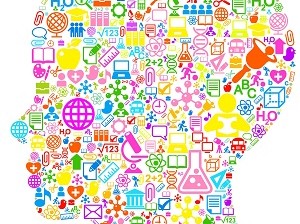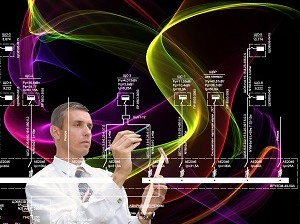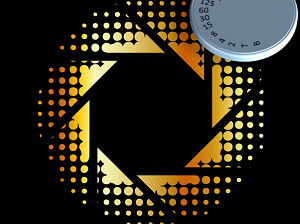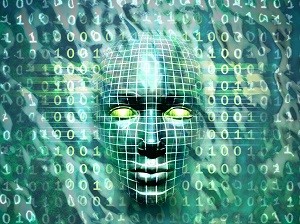Tag Archives: brain function
28 Jul Patterns in the Mind

As we look for suitable solution designs for representing the knowledge and processes we humans use to communicate, we realize that we have no idea what knowledge in the brain looks like. Further, we only have relatively vague ideas about the processes that occur in the brain as we produce and comprehend words, phrases and sentences. […]
15 Jul From Perception and Learning to Logic

Perception and Learning I am not a cognitive scientist, so all I have said in this section is based on the work of others. On the other hand, I have probably spent more time seriously studying cognition than most computer geeks, and I have tried to form my perspectives around the best of our knowledge. The […]
01 Jul Chaos About Us

Chaos About Us Chaos is all about us. I know that for certain each time I look into my kids’ rooms. When I recall my own youth, however, it occurs to me that I had a reason for the way I organized my life. It seemed meaningful to me, and although I recall how difficult it was […]
26 May AI Domains and Approaches

Grouping, Classifying and Categorizing How do you solve big technical problems? Rather than selecting or inventing an approach and then attempting to apply it to a problem to see how well it works, let’s analyze the problem and see if we can find or invent a solution that matches the problem space, and see if […]
21 May Modeling After a Fashion

Perennial Image Problems Artificial Intelligence has an image problem. Yes, there are cybernetic characters like R2D2, C3P0 and Commander Data whom we love, but some products built using AI techniques have the dubious reputation of being useful but not entirely dependable. Think of songs sung about Sirius Cybernetics Teleporter products (see lyrics below). It is possible that […]
20 May Cybernetic Modeling for Smarty-Pants

Introduction Model railroads come in several scales: O, HO and N gauge enable hobbyists to model real-world objects in miniature using successively smaller standards. In N gauge it is possible to build an entire city in the basement. A good model photographed with still or motion pictures may be so realistic that viewers believe they are looking […]
17 Apr Learning by Repetition

Frequency and Exposure For the very young, language learning requires mental gymnastics. Most theories of language learning refer to the fact that the frequency of repetition of a word or structure pattern determines the strength of its acquisition. In this context, there may be some threshold of frequency which, once reached, will result in the […]
09 Apr Abstract Contexts and Fuzzy Reasoning

We do not yet know how we remember things, nor do we know how we use remembered things in reasoning. The amazing feedback loops of afferent and efferent fibers between different layers of the cortex give us some amazing clues (Hawkins 2004). Today’s discussion of abstract contexts and fuzzy reasoning is intended as a bridge […]
05 Apr Knowing About Agents and Instruments

Cause and Effect Causal knowledge can be learned by experience, as described in our friend Yorrick’s early experiences with the source of good feelings (Section 4: Seeds of Knowledge). The process of learning from experience is empirical and very fuzzy, meaning it is difficult to describe or replicate the learning process artificially. Cause can also […]





